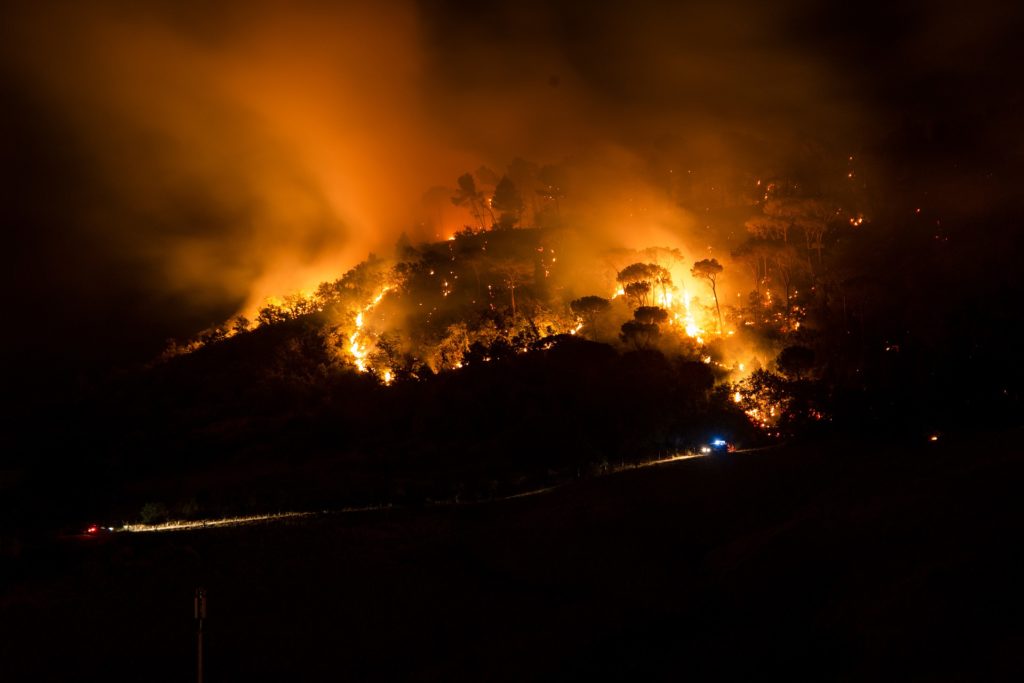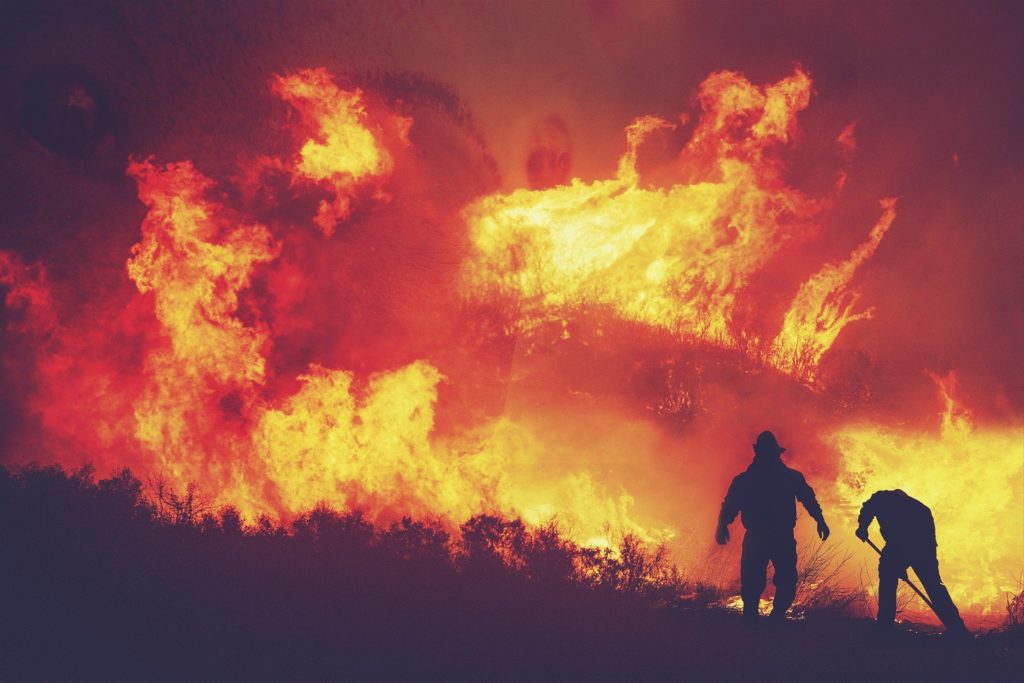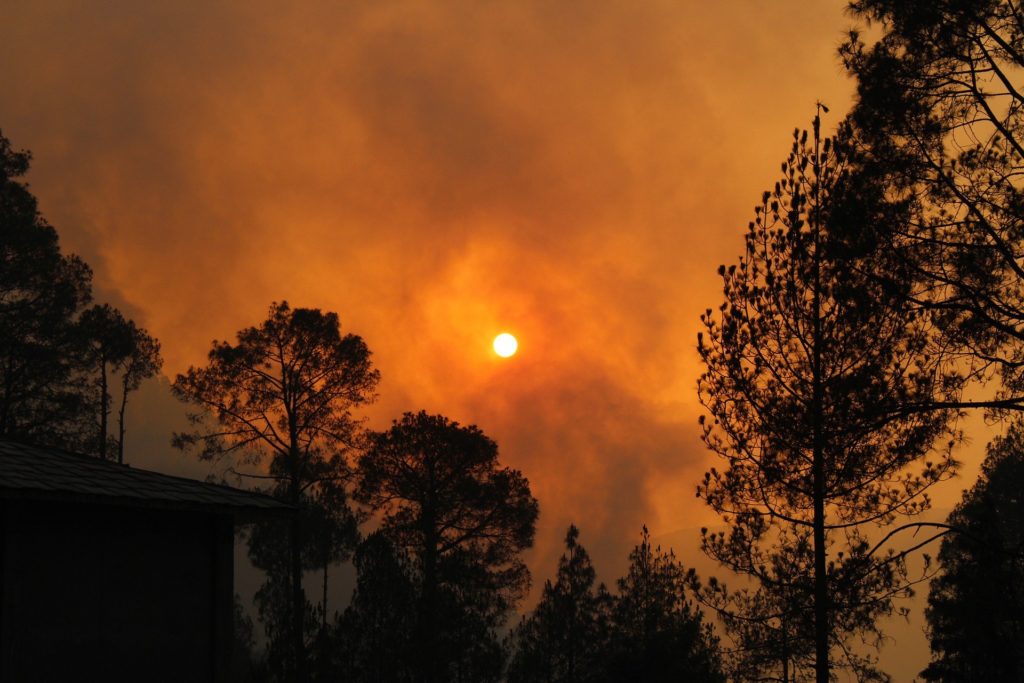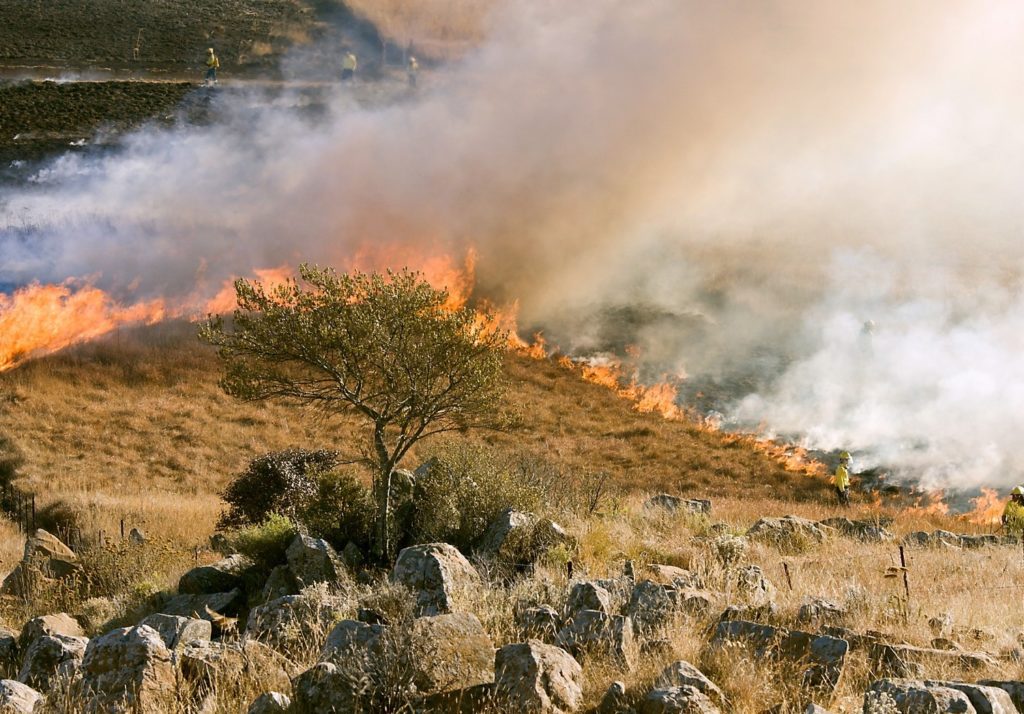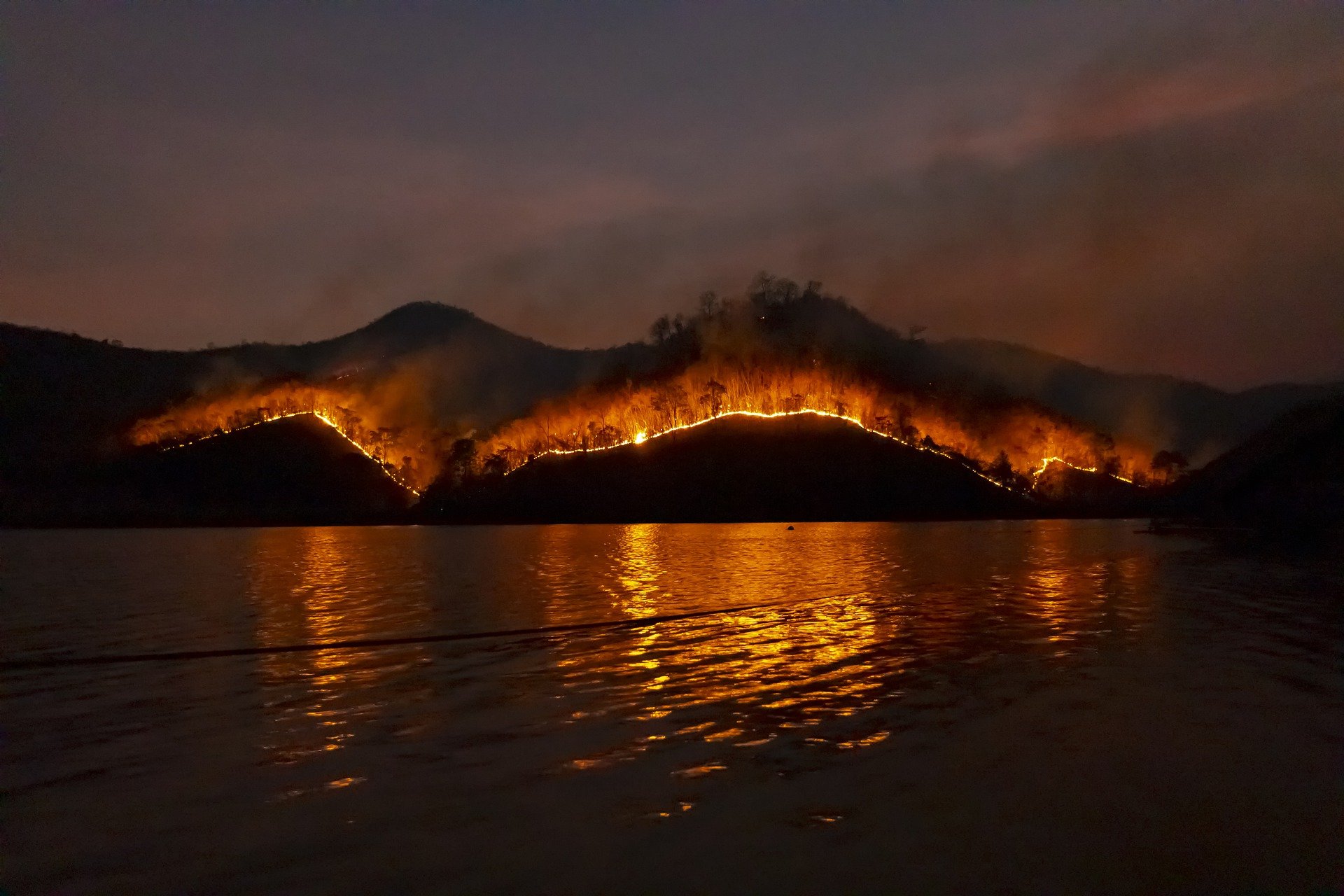
2021 Wildfires: Increasing the Heat on the Climate Crisis
Climate change is one of the biggest problems when dealing with wildfires, caused by an increase in temperatures and strong winds. As the temperatures rise in the forests they enhance the drying period of the forest soils along with dead leaves, stems, barks, and logs, increasing their flammability, allowing the fires to spread making them harder to put out. Individuals and communities who previously may have never felt the immediate impact of climate change, are now waking to the living nightmare of experiencing this horrific natural disaster on their doorsteps.
Whilst severe wildfires have been occurring globally over the past few years, due to the dramatic changes within the climate, Turkey has recently experienced one of the worst wildfire disasters in its history. Professor Yusuf Serengil, a member at Istanbul University, told Anadolu Agency (AA) “We are seeing the impact of climate change much earlier than expected and in a more intense way – rising temperatures cause vaporisation, combined with irregular patterns of precipitation which prolongs the fire season.”
The Dramatic Impact of Wildfires in Turkey
Uncontrollable heat waves across Southern Europe created by hot air from North Africa caused horrific and devastating wildfires to break out throughout the Mediterranean. As temperatures continued to rise, Turkey endured some of the most disastrous wildfires the country has ever faced. The first wildfire broke out on 28th July 2021 in the Yeniköy area of Manavgat district of Antalya province in Southern Turkey.
Since then Turkey has faced around 270 life threatening wildfires within a span of two months, with fires spreading across the Mediterranean and Aegean Sea coasts, even being ignited in resort areas. The majority of the wildfires across the 53 provinces in Turkey have been controlled and extinguished by professionals; however, there are still untamed and uncontrollable fires igniting in different areas including Antalya, Adana, Isparta, Mersin, Muğla, and Osmaniye.
These disastrous blazes have decimated around 1,352 buildings, affecting over 1,055 families, along with neighbourhoods, villages and animals. The extreme fires breaking out in resort areas have spread mass panic amongst terrified residents and tourist alike, evacuated from their homes, hotels and holiday resorts. 525 square miles (136,000 hectares) of once biodiverse land has been utterly decimated; three times the average for an entire year. Across the course of the ravenous rampage of these fires, over 869 people have sought hospital treatments for burns, injuries and smoke inhalation. Tragically, there have been 8 deaths due to the devastation of these intense fires, including two courageous firefighters.
How can we prevent and control wildfires?
Wildfires are a natural part of our vital ecosystems, occurring due to periods of rising temperatures. However, one of the impacts of Climate Change is a negative reinforcing feedback loop from wildfires. As these intense wildfires burn more fuel, this releases larger amounts of CO2. In turn, this increases levels of carbon in the atmosphere contributing to an increase in global heating. Warmer global temperatures mean wildfires are more likely to occur, and so the negative loop continues in a deadly downward spiral of feedback and flames.
Although we can not prevent all of the increasing number of wildfires, we can always make sure that we are fully prepared to control the fires and stop the excessive spread. Communities, builders, homeowners, and forest managers can reduce the likelihood and impacts of wildfires by:
- Discouraging developments (especially residential) near fire-prone forests through smart zoning rules
- Increasing the space between structures and nearby trees and brush, and clearing space between neighbouring houses
- Incorporating fire-resistant design features and materials in buildings
- Increasing resources allocated to firefighting and fire prevention
- Removing fuels, such as dead trees, from forests that are at risk
- Developing recovery plans before a fire hits, and implementing plans quickly after a fire to reduce erosion, limit flooding, and minimise habitat damage
By doing our best to prepare for, prevent and limit the damage of wildfires, we can help to break the chain of this spiralling negative feedback loop of wildfires, carbon emission and global temperature increases.
Fighting Fire with Technology
Another way to help the prevention of wildfires is by EOS Forest Monitoring. The EOSDA (Earth Observation Data Analytics) product is used to help understand forest productivity, address tree diseases and identify deforestation trends. Monitoring our forests is beneficial in the prevention of wildfires as it allows us to increase soil moisture, when temperatures start rising and dries out the soil. We can also remove dry trees and branches which fuels the fire and cause are a huge risk factor in the spread of wildfires.
Other solution to help prevent and control wildfires include the following:
- Weather analytics
- Monitoring thermal anomalies
- Monitoring water levels and temperature rises
Local Heroes – Turkish Red Crescent
One beacon of hope in the midst of the dark, all-consuming reality of these climate change induced infernos is the kindness and enduring strength of our humanity to battle, heal and rebuild. During these difficult and scary times, President Dr. Kerem Kinik organised for all TRC members (consisting of fully trained disaster experts and volunteers) to deliver emergency aid to the teams stationed within the disaster areas and to the victims. The TRC’s supply food, hygiene and shelter for all the victims who have suffered from the fires, along with providing support and comfort towards the victims struggling to deal with the disaster and the unbearable weight of their shared loss.
Listed below are some of the amazing things TRC members have achieved, for all those who are suffering from the disaster:
- Delivered food assistance and humanitarian aid to more than 560,000 persons in need
- Teams of 2,345 staff and 11,082 volunteers have participated in the relief efforts so far
- The relief efforts include the utilisation of 253 response vehicles, 2 mobile kitchens and 31 catering units
- The TRC teams are operating at 169 distribution points
- Distributed more than 287,000 hot meals and 241,000 ready-to-eat meals
- More than 231,000 donors contributed to the Turkish Red Crescent’s campaign within 9 days
It cannot be overstated how devastating the impact of increasingly damaging wildfires for both local and global communities have been. Wildfires have been raging not only in Turkey but across the globe in places like Siberia, Australia and South America.
One way to help combat this issue is to further educate yourself on the matter. Those who would like to gain more knowledge about wildfires, and how to prevent and control the impacts of the disaster can always do further research on the top, as the media is littered with similar encounters of the climate crisis. Wildfires and Climate Change are both inextricably linked, and we must do our best to prepare for, prevent and limit their damage to help break the chain of spiralling negative feedback loops of wildfires, carbon emission and global temperature increases.
Further articles:

